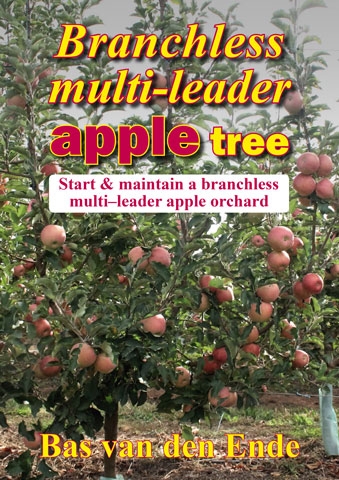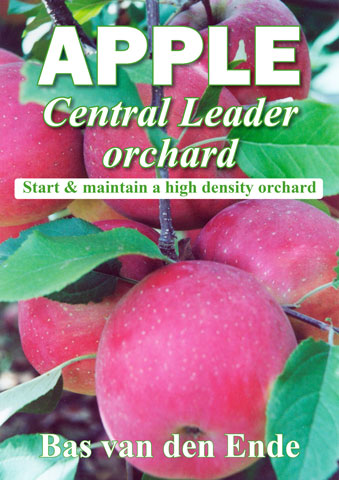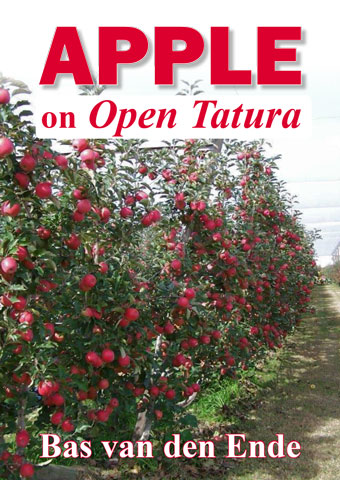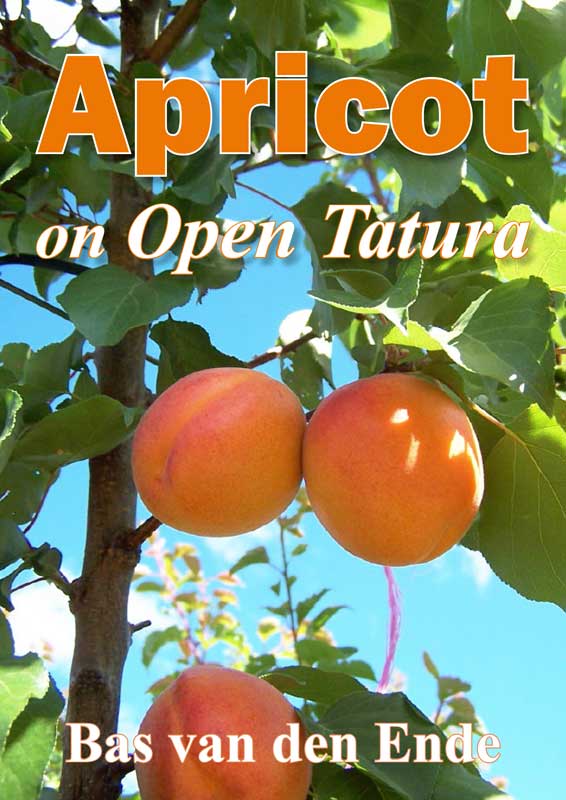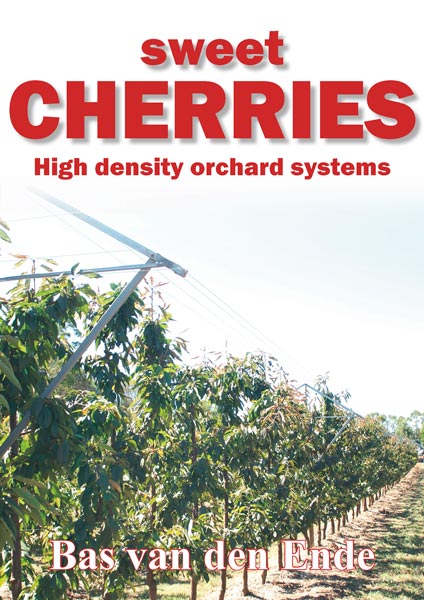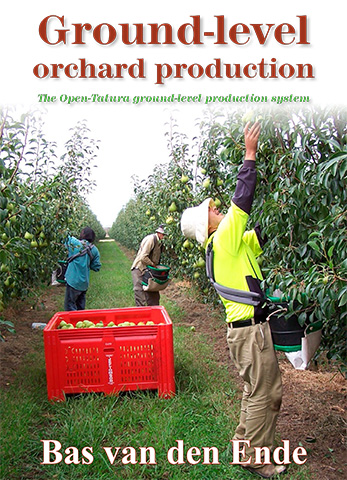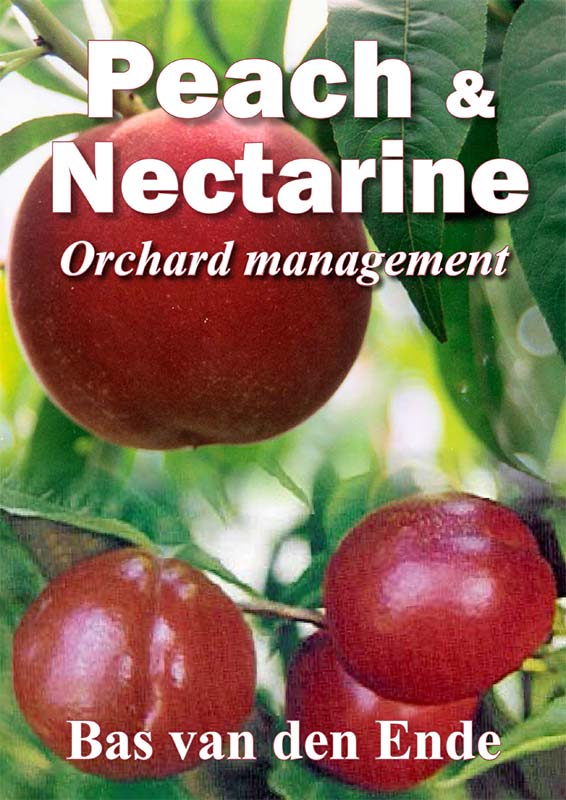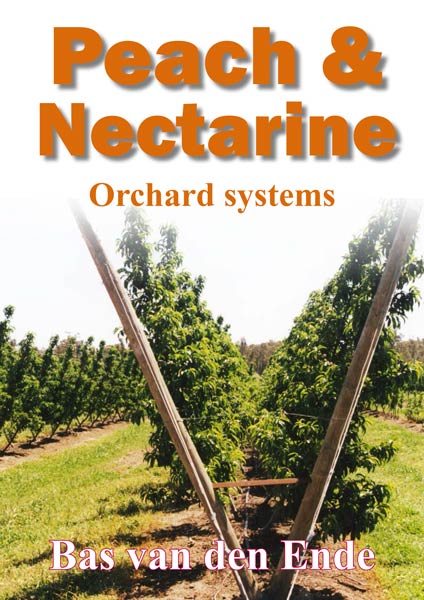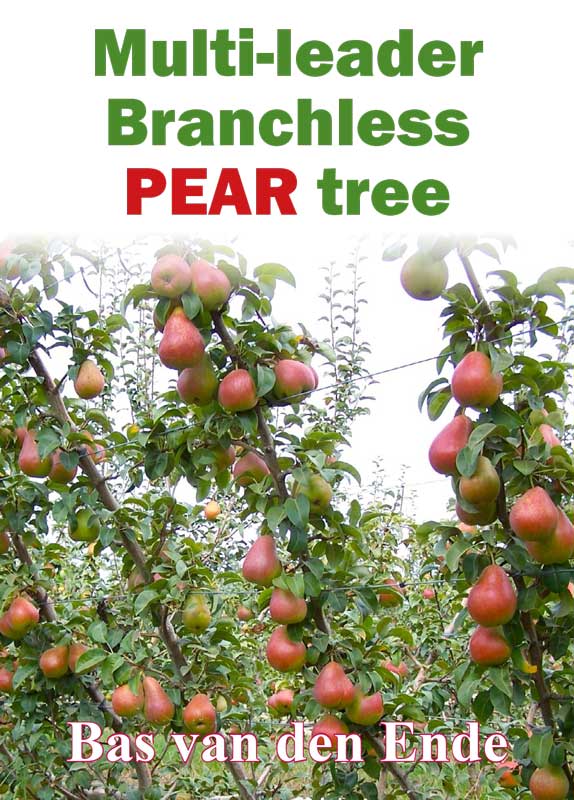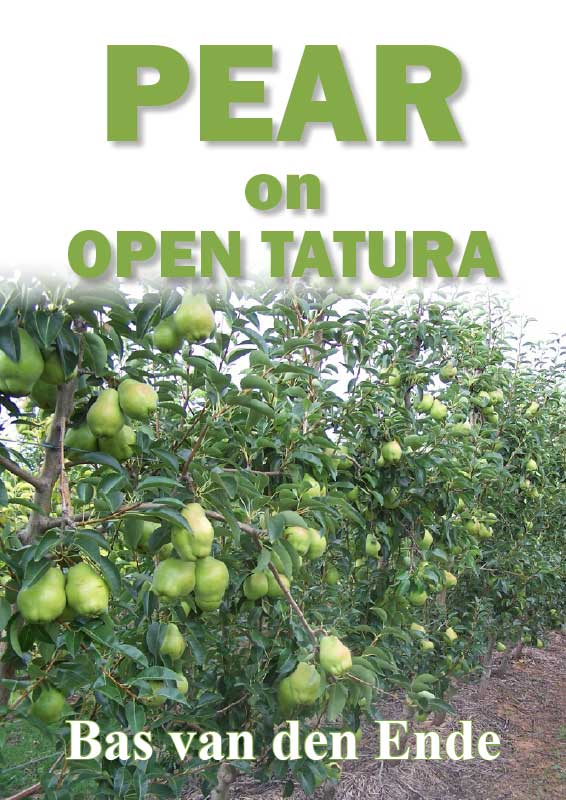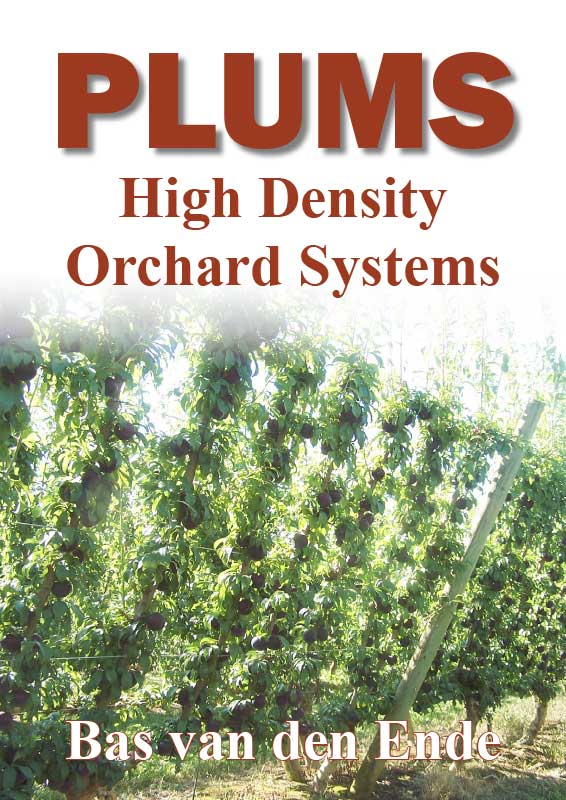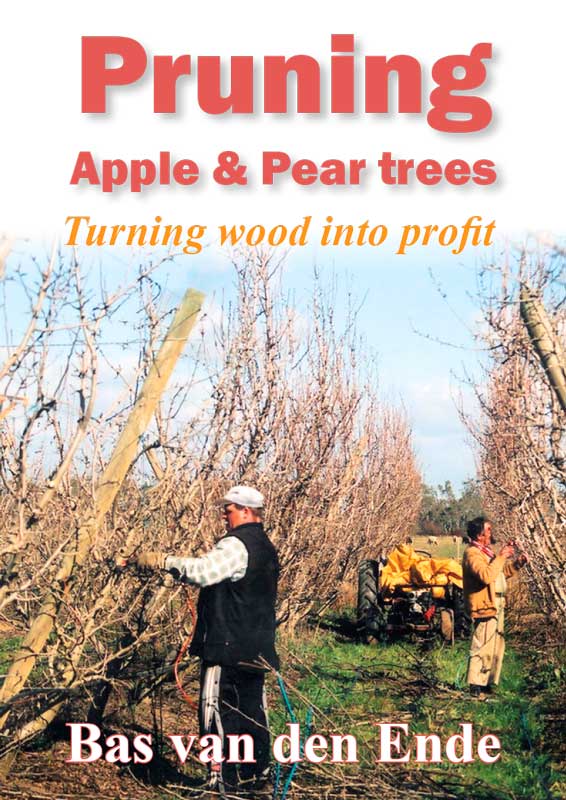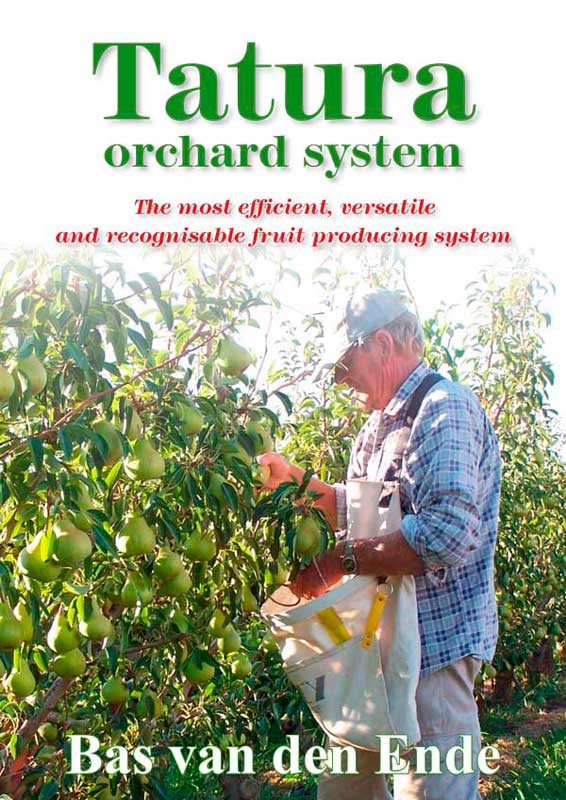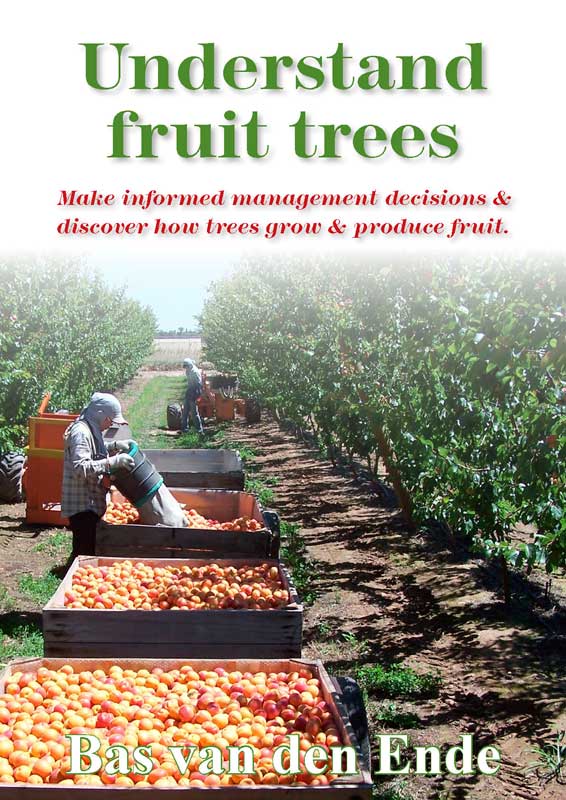Strong businesses are built on good management
I work with a wide range of agricultural businesses, and live in a regional community.
One long-term theme that has run through those sources is that farming is a tough, if not the toughest, business. This viewpoint certainly gathered strength during the last drought.
The fact is that business is tough in many industry sectors. At the time of writing, Qantas (airline), Leighton Holdings (civil engineering), and David Jones (retailing) are businesses who are finding life exceedingly hard.
Other businesses are going through dramatic structural change—the sort of change that saw Borders (books) and Retrovision (white goods) cease to exist. At the heart of these examples is the degree to which business managers failed to see change emerging, or just made poor business decisions.
If you get some luck; great!
I think luck does come into business success.
One famous example of that is Kerry Packer’s re-purchase of the Nine Network from Alan Bond at a rock-bottom price; not many years after Alan Bond had bought the business from Kerry Packer at the top of the market.
However, Packer also said that you only get one Alan Bond in business life.
On the other hand, I have experience of one broadacre farmer who bought a neighbouring farm when it came up for sale. It was a sound business decision because his son had committed to remaining in the business. However, five years’ of drought had to pass before the first crop could be planted—the drought was not evident when the purchase was made. Bad luck.
We may all have examples of district growers who ‘hit it lucky’ during a particular season, and good luck to them indeed. But if luck is to be the key driver of business success then it’s not one that can be depended on often, and it’s a poor strategy that gives control over to something that can’t be controlled.
Fortuna was the Roman goddess of luck; maybe we should all make a regular sacrifice to her as the Romans did.
The essence of developing a strong business is good business management. And some are better at this than others. Whilst more has been written about management than you can poke a stick at, the following ideas are some that I have found to be pertinent to farming.
Passion is a fundamental driver
Although more corporate structures are emerging, the substantial majority of fruit growing businesses are family-run.
Of those, some are run by new entrants, but most are businesses run by the next generation.
Although that can be a wonderful thing for many (being willed/gifted a business is probably a nice thing) I think that these days for some it might be a poisoned chalice.
It is clearly apparent in many farming families that children now pursue their career interests elsewhere, complete higher education, and find work in a multitude of industries, positions and countries.
Paid work still comes with challenges but provides the benefits of fixed work times, paid holidays, superannuation guarantee and so on. Meanwhile, one child has inherited/been given a business that demands long hours, is not highly paid and comes with substantial economic risk.
Those who forge a career for themselves generally get into jobs because they want to. To each job they bring with them that important ingredient—great interest at the lower end; passion at the upper end.
And that is the first vital ingredient for management success—a great passion for, and interest in what you are doing.
In my experience people who are passionate about their work generally: do it well; perform at a high level for longer; absorb new information easily; and apply that information effectively. They get things done and they get them done well.
Contrast that with many in the workforce for whom the job provides a living. That’s not to say that a bad job is done but the extra edge, driven by passion, that creates successful performance is just not there.
Hence the passing on of a fruit growing business to the next generation means that the new owner may not necessarily have that important spark that helps to achieve success. The position may not be earned or chosen; it just sort of, happens.
Concentrate on what can be controlled
The analogy of the whingeing Pom has long been part of Australian culture.
Something must have rubbed off because right now, Australians have become prize whingers. We live in one of the finest places on the planet; we have an economy that is the envy of many; we have excellent social systems; and yet as a nation we incessantly whinge.
There is no place for this in business.
There are things we can manage because they are within our control; there are things over which we have some control; and there are things we can’t control and are totally unable to be managed.
We need to take charge of what we can control and get on with it.
It has long been recognised that some car crashes are avoidable. Unfortunately one driver keeps looking at the vehicle he’s trying to avoid instead of focusing on the gap through which he can drive safely.
The management task is to concentrate on things we can totally control, followed by those things we can partially control. We can’t control market prices or nature, but we can take steps and apply processes to ensure that we give each season’s crop the best chance of attaining the best return.
If that doesn’t achieve long-term success, then it may be time to try something else.
Deal with facts and remain objective
The economist John Maynard Keynes once said, “When the facts change, I change my mind. What do you do, Sir?”
We all have our biases and opinions about many things, and it is very hard for human beings to be totally objective.
Objectivity means seeking out and analysing hard data about many aspects of the business including: production, agronomics, climate, financial, market information and so on. It means sound analysis of information and appropriate actions based on that analysis.
Good decision-making does not have to be rapid. The owners of one of the most successful businesses I work with (not in farming) take decision-making slowly. Facts are collected and discussed, people are sought out for information and opinions, and the way ahead is thought out—including a Plan B, or exit strategy.
Their business has evolved very successfully and I am yet to see an example of where they were ‘pipped at the post’ because they took too long to reach a good decision.
Continually learn
As an accountant, retaining my formal qualification is dependent on undertaking Continuous Professional Development (CPD).
This means I must undertake a relevant amount of training during a three-year period, and I can be audited (and have been) by the professional body to ensure that I am doing that CPD. Many occupations now demand such a regime of training and acquiring contemporary knowledge.
Agriculture is no different an occupation.
A number of studies have indicated that farmers do their ongoing learning in many ways. These include attending field days and conferences, reading newspapers and trade journals, and doing formal courses; although this last option is not strongly pursued.
Agriculture can be a demanding industry for knowledge. I remember once attending an open day at Marcus Oldham College near Geelong and sitting in on a session about wheat futures. I was lost after five minutes, but this is the sort of subject that any serious grain grower must now come to grips with in a deregulated environment.
Financial management
One area I note as being a real weakness for farmers is that of financial management.
The number who really understand some basic principles are few, and formal courses do not help the matter by trying to make farmers into accountants.
By the way, this same issue may just as easily apply to many other business people.
Develop good people skills
Finally, this is an industry in which labour accounts for about 60% of total cost, so it is still very dependent on people.
Being able to communicate with and manage people effectively is critical to success.
This doesn’t come easily to everyone. I think that you either have ‘presence’ as a manager, or you don’t.
My own experience is that I don’t have that presence and a better position for me is capably assisting someone who does.
Having presence isn’t about fear. It’s when people recognise that you know where you are going, and you believe you will get there. They can sense your purpose, control, and ownership of the things that must be done well each day and are willing to follow the processes you put in place to achieve your ends.
People skills on the orchard are one thing—people skills outside the orchard are another. When you pay the wages you have a head start in asking people to do what you want. However, this is not so easy when you need the cooperation of people outside the business. People such as customers, wholesalers, bank managers.
Especially in marketing, those who can connect well with others may tend to negotiate better deals than others.
Introvert or extrovert
We can be classified as introvert or extrovert, with the latter being the better manager, maybe.
Those who are not brilliant at managing people and never will be, might develop other ways of being ‘listened’ to. For example a grower may turn out a line of fruit that really suits a particular market, in which case people may beat a path to their door.
I know of one agricultural business which has taken on some leading-edge technology and in doing so immediately captured the attention of key markets.
Once you understand what people need, you may find that fulfilling those needs through action works better than words.
Conclusion
Running your own business is a demanding occupation, but it can be very enjoyable, made up of a myriad of little decisions and actions that turn out right. However, it’s not much fun when things go wrong.
As owners and managers we are the people who can make good things happen. Some luck on top will add to the effect, but the buck stops with us.
I encourage you to take an interest in the subject of business management. Try searching the subject on the internet when you next have some ‘me’ time with the computer.
There are certainly many weighty books on the subject, but there are others that present a discussion in a simple, easily-understood, inspiring manner.
If a manager doesn’t commit to being a continuously better manager, it is hard to see how the future will get better than it is.
Read this article in the July 2012 issue of Tree Fruit


